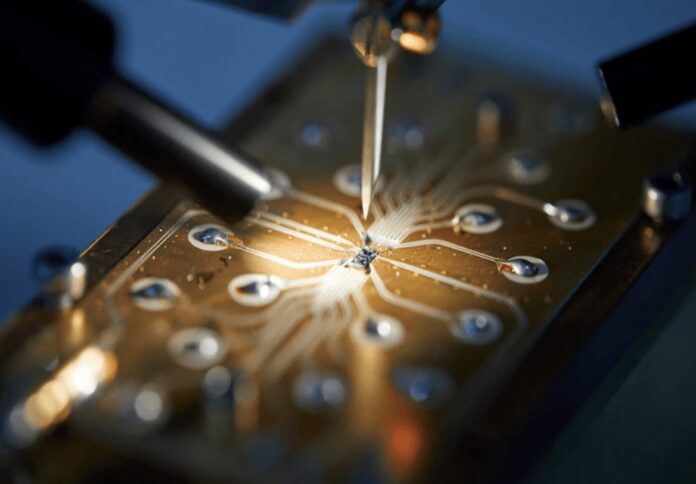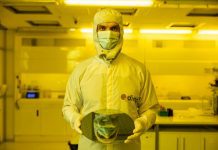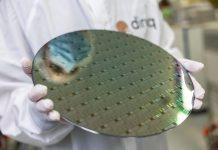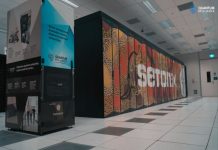
Sydney-based quantum computing innovator Diraq has unveiled a major breakthrough, showcasing two-qubit gates operating with over 99 per cent accuracy on its SiMOS quantum dot platform.
This milestone marks the first time a silicon-CMOS-based platform has achieved this level of fidelity for two-qubit logic operations, the company said in a news release.
Diraq’s success in reaching this 99 per cent benchmark is a step towards mitigating errors in solid-state qubits, paving the way for more reliable silicon-based quantum devices.
Andrew Dzurak, founder and CEO of Diraq, remarked, “Reaching this 99% two-qubit fidelity is a significant milestone in our technical program.”
He continued, “It underpins the process for securing consistent and reliable performance in our SiMOS quantum dot qubits and further supports our core focus of scaling up our silicon spin-based qubits into full-scale fault-tolerant quantum processors.”
The achievement is detailed in a study published in Nature Physics, titled “Assessment of the Errors of High-Fidelity Two-Qubit Gates in Silicon Quantum Dots.”
Led by Tuomo Tanttu and colleagues, the research outlines strategies for enhancing high-fidelity operations.
Key findings include systematic improvements in robustness, consistency, and reliability of entangling gate fidelities through gate recalibration, optimal material selection, and advanced pulse engineering.
The study involved an extensive review of error correction code performance, identifying qubit degradation causes and their physical mechanisms.
Multiple validation methods were employed to assess statistical characteristics and temporal stability, including the examination of physical errors and fidelities across various devices.
This approach included testing for slow nuclear and electrical noise as well as contextual noise, crucial for maintaining performance within tolerance.
Tanttu’s team also analysed the impact of qubit design, feedback systems, and robust gates, recognising that material imperfections contribute to performance variability.
The research highlights opportunities for innovative control solutions to enhance accuracy and efficiency as silicon spin-based qubits progress toward full-scale, error-corrected quantum processors.
Dzurak concluded, “What sets Diraq apart and reinforces our leadership in silicon quantum computing technologies is not only the depth of our scientific understanding but also the quality and rigour of our approach.”
He added, “Through comprehensive testing and analysis of our CMOS quantum dot qubits, we are poised to achieve a fully error-corrected quantum computing system ahead of our competitors.”




















